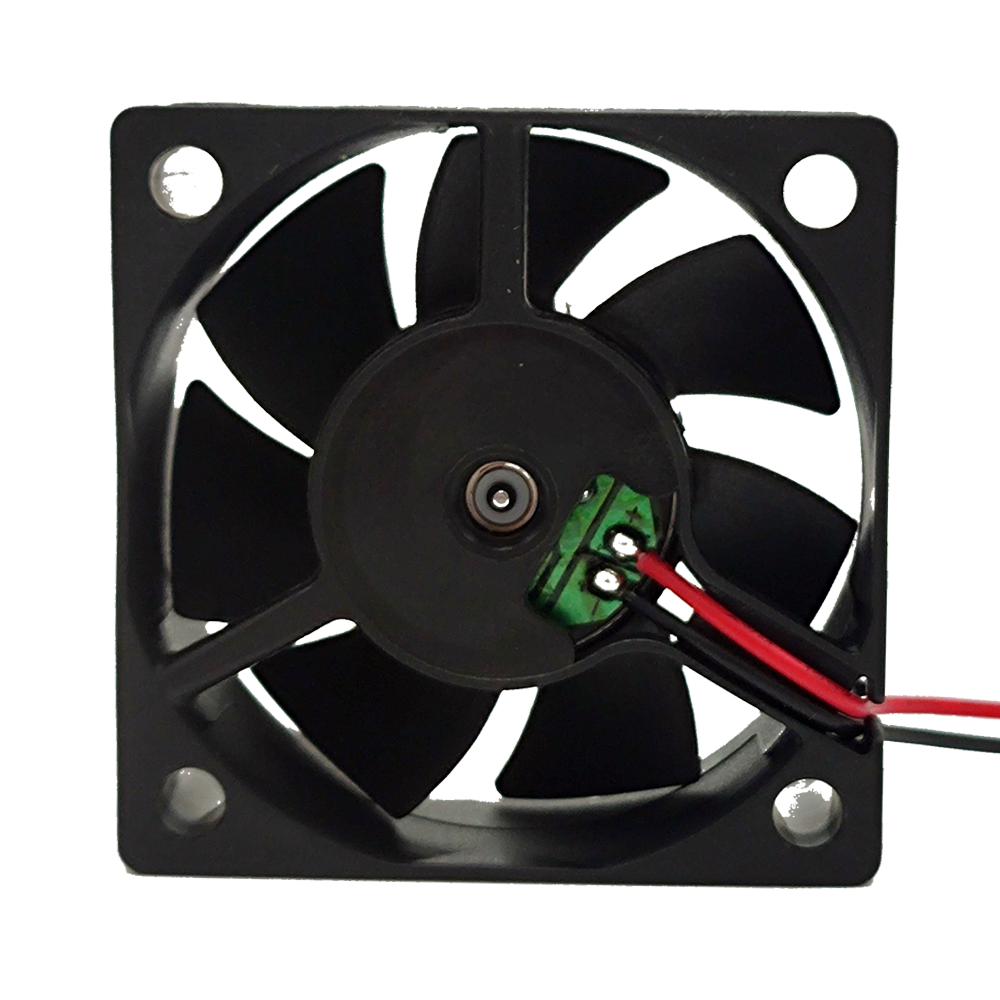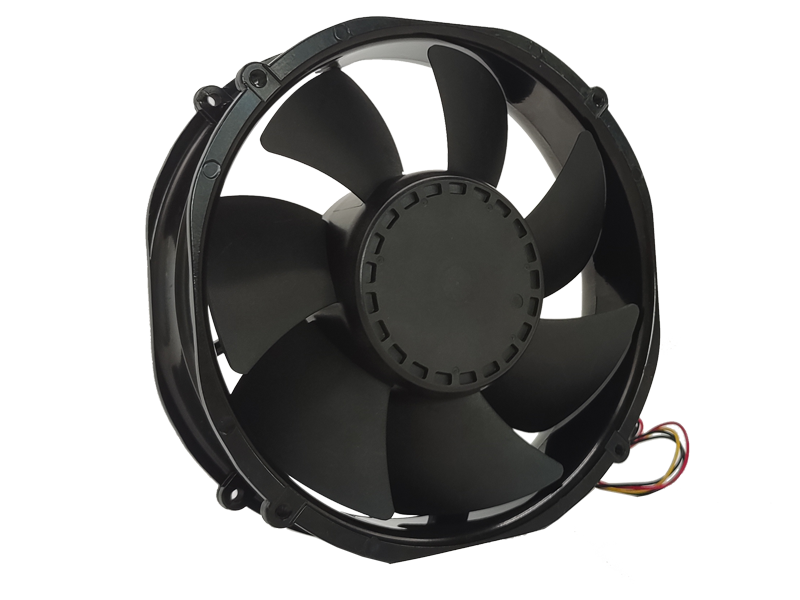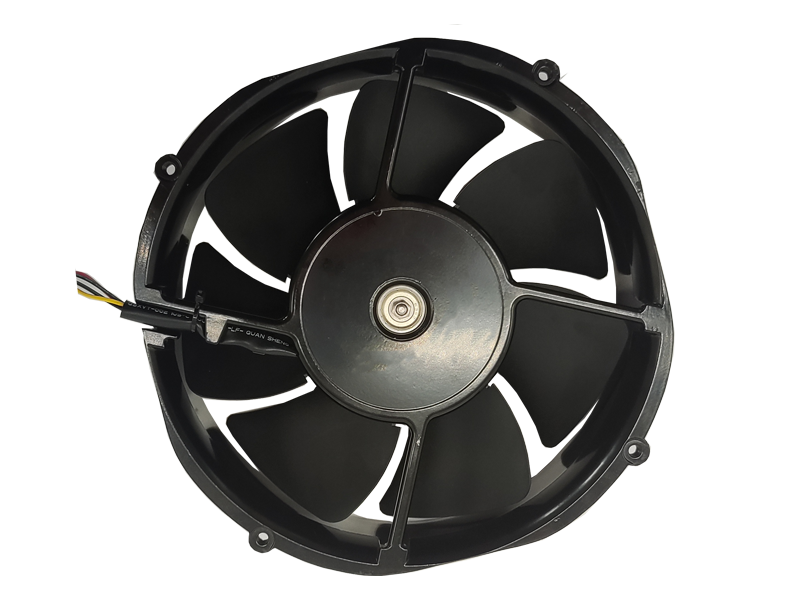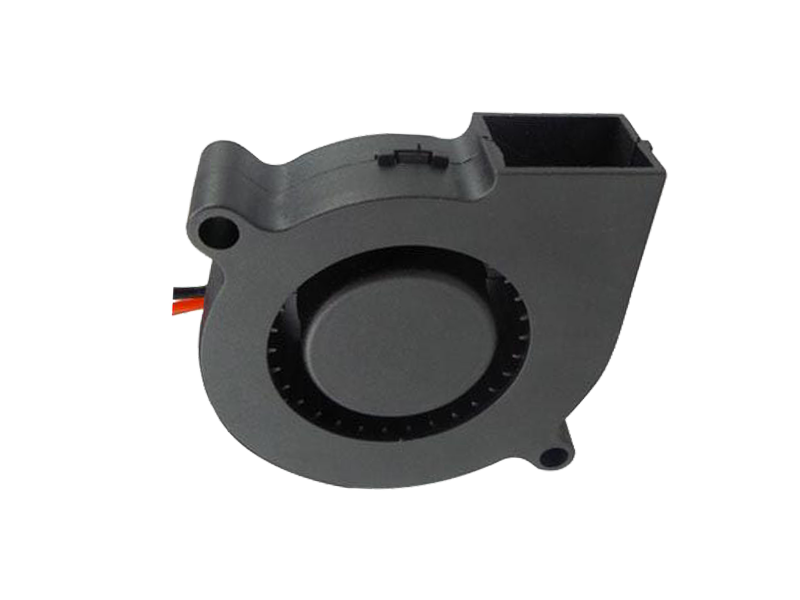Airflow is a critical element in industrial operations, impacting everything from worker comfort to equipment efficiency. Industrial fans are designed to facilitate effective ventilation and cooling, helping to maintain safe and productive environments in a variety of industries. This article delves into the importance of industrial fans, their benefits, applications, and considerations for selection and installation.
Importance of Industrial Fans
1. Maintaining Air Quality
In industrial settings, maintaining good air quality is essential for worker health and safety. Dust, fumes, and other airborne pollutants can accumulate in enclosed spaces, leading to respiratory issues and decreased productivity. Industrial fans help circulate air, diluting contaminants and reducing the risk of exposure.
2. Temperature Control
High temperatures can lead to heat stress and reduced worker efficiency. Industrial fans provide necessary cooling by enhancing air circulation and lowering perceived temperatures. This is especially important in environments where machinery generates substantial heat or where workers are exposed to high temperatures.
3. Increasing Equipment Efficiency
Proper airflow can enhance the efficiency of machinery and equipment. Many industrial machines require adequate ventilation to prevent overheating and maintain optimal performance. By using industrial fans, businesses can ensure that their equipment operates effectively, reducing the risk of breakdowns and maintenance costs.
Benefits of Using Industrial Fans

1. Cost-Effective Solution
Investing in industrial fans can be a cost-effective way to enhance workplace conditions without the high costs associated with air conditioning systems. Fans require less energy and are easier to install, making them a budget-friendly option for improving air circulation.
2. Versatile Applications
Industrial fans are highly versatile and can be used in various applications, including:
Workshops: Improving airflow and reducing heat buildup.
Warehouses: Maintaining optimal temperatures for goods storage.
Manufacturing: Enhancing ventilation around machinery.
This versatility allows businesses to utilize industrial fans in diverse settings, ensuring effective airflow wherever needed.
3. Improved Safety
By facilitating better air quality and temperature control, industrial fans contribute to a safer working environment. Reduced exposure to airborne pollutants and lower temperatures can decrease the likelihood of heat-related illnesses and respiratory problems, promoting overall worker safety.
Selecting the Right Industrial Fan
1. Assessing Airflow Needs
When selecting an industrial fan, it is crucial to assess the airflow requirements of the space. This involves determining the necessary CFM (cubic feet per minute) based on the size of the area and its intended use. Larger spaces may require multiple fans or high-capacity models to achieve adequate airflow.
2. Understanding Fan Types
Familiarity with the different types of industrial fans can help in making informed choices. For example:
Axial Fans: Ideal for large volume air movement, suitable for general ventilation.
Centrifugal Fans: Effective for high-pressure applications, such as ducted systems.
Choosing the appropriate fan type based on the specific application will optimize performance.
3. Evaluating Noise Levels
Noise can be a significant concern in industrial settings. When selecting fans, consider their noise output, especially if the workspace requires a quieter environment. Fans designed for low noise operation or those that include noise-reduction features can enhance worker comfort.
Installation and Maintenance
1. Proper Installation
Correct installation of industrial fans is vital for achieving optimal performance. Fans should be positioned strategically to maximize airflow and minimize obstructions. It’s essential to follow manufacturer guidelines and safety standards during installation.
2. Regular Maintenance
Routine maintenance is crucial for ensuring the longevity and efficiency of industrial fans. This includes:
Cleaning: Regularly removing dust and debris from fan blades and housing.
Lubrication: Ensuring moving parts are well-lubricated to reduce wear and tear.
Inspection: Periodically checking for signs of wear, damage, or unusual noise.
By committing to regular maintenance, businesses can avoid costly repairs and prolong the lifespan of their fans.
Conclusion
Industrial fans are indispensable tools for enhancing airflow, improving air quality, and maintaining safe working conditions in various environments. By understanding their importance, benefits, and the factors involved in selection and maintenance, businesses can make informed decisions that lead to increased productivity and worker satisfaction. Investing in the right industrial fans ultimately pays dividends in safety, efficiency, and operational effectiveness.
Recommended Products

The main purpose:Car charging station

The main purpose:Car charging station

The main purpose:Electronic refrigerators, water dispensers, direct drinking machines, inverter power supplies
Address:No. 4137, Longgang Avenue (Henggang Section), Henggang Community, Henggang Street, Longgang District, Shenzhen
hotline:13530005572(Chen)15112579390(Li)


Welcome all friends to come for consultation and negotiation.
Copyright 2024 @ Shenzhen Youneng Xinyuan Electronics Co., Ltd.,(industrial fans,industrial blowers,axial fans,cooling fans manufacturer,centrifugal fans,ac cooling fans,dc cooling fans)